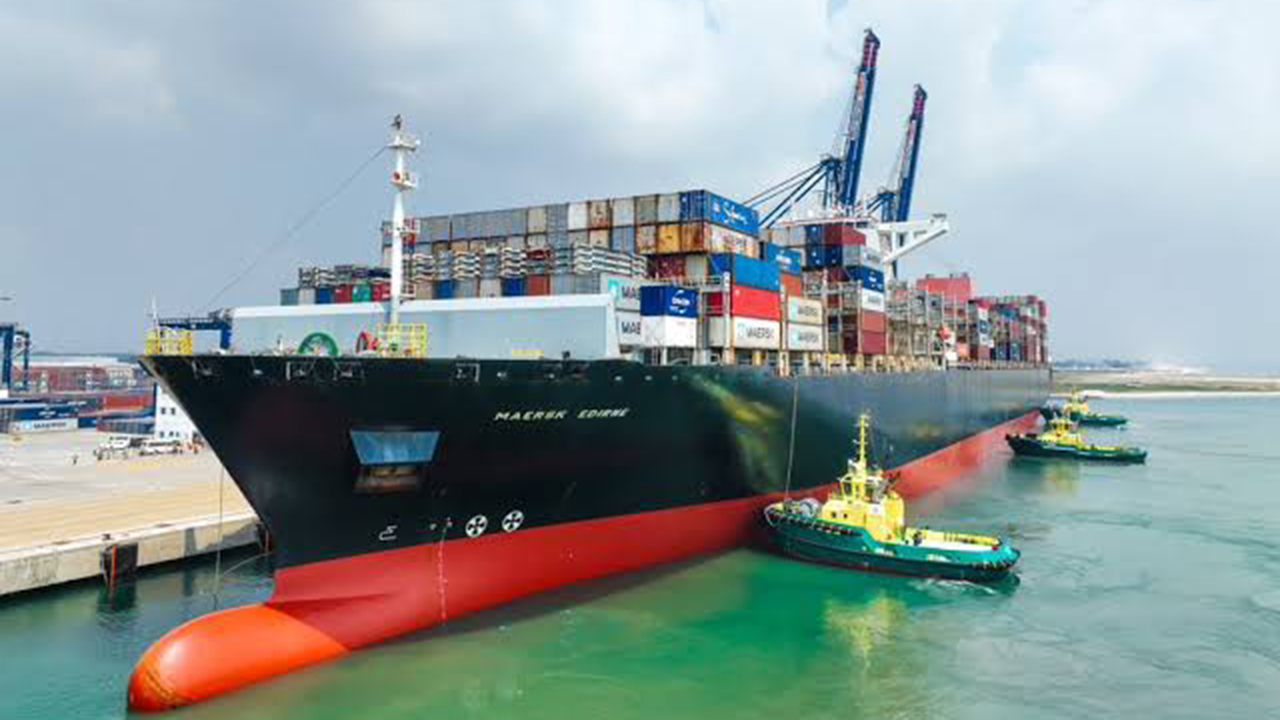Nigeria loses $500m yearly to informal, poorly-regulated vessel leases

Nigeria may be losing over $500 million yearly to an unstructured and unregulated ship brokerage system, compounded by weak compliance monitoring and oversight in vessel chartering operations, those familiar with the issues have said.
Shipbrokers have stated that gaps in coordination, regulation, and enforcement are causing significant revenue losses and undermining efficiency, transparency, and accountability in the country’s shipping and trade logistics operations.
An offshore vessel expert, Captain Tami Adu, raised concerns over the lack of compliance monitoring and oversight in vessel chartering, which he said causes significant revenue losses for the Nigerian government.
Adu lamented that the cabotage tax, a statutory two per cent levy on every vessel contract, is largely unmonitored due to the informal and unregulated nature of vessel chartering in the country.
Adu noted that entrusting this process to trained shipbrokers would ensure that every transaction is properly documented and remitted, saying, “Right now, what we are losing yearly exceeds $500 million.”
He said many Nigerian operators either ignore globally recognised certifications and technical standards or deliberately bypass them, resulting in poor contract execution and substandard vessel performance.
According to him, shipbrokers play a crucial role not only in facilitating deals between cargo owners and vessel operators but also in ensuring technical compliance, vessel vetting and the provision of market intelligence, which are critical to safe and profitable maritime operations.
The Chairman of the ICS Nigerian chapter, Sesan Ajayi, stressed that effective shipbroking was key to boosting intra-African trade, reducing logistics costs and closing the infrastructure gap in the maritime value chain.
He revealed that Nigeria’s logistics cost is 23 per cent of the gross domestic product (GDP), nearly double the global average of 12 per cent, largely due to inefficiencies in shipping and trade logistics. These are gaps that shipbrokers are professionally trained to close, he added.
Ajayi said shipbroking can revolutionise cargo movement, vessel sourcing and how contracts are structured locally. He, however, noted that there are fewer than 40 certified shipbrokers in Nigeria, with the market flooded with unqualified individuals engaging in shipbroking activities without professional training.
Ajayi warned that this poses risks to trade reliability and undermines Nigeria’s potential to benefit from frameworks such as the African Continental Free Trade Area (AfCFTA).
A senior member of the ICS, Abdulrasak Arije, underscored the institute’s role in training and certifying shipbrokers, chartering agents, vessel sales experts and cargo specialists to operate ethically and efficiently across global markets.
He said the institute’s goal in West Africa is to support the government and private operators by building local capacity that meets international standards, adding that a strong maritime policy must be matched with a skilled workforce.
Speaking on the Cabotage Vessel Financing Fund (CVFF), Arije advised the Federal Government to ensure transparent, merit-based and structured disbursement through trusted intermediaries such as shipbrokers and financiers who understand vessel valuation, ownership risks and commercial structuring.
COURTESY: vavalue.com

Post Comment